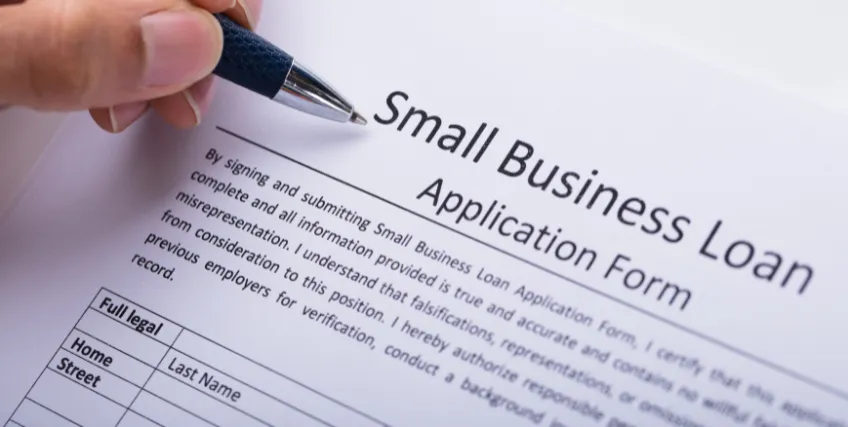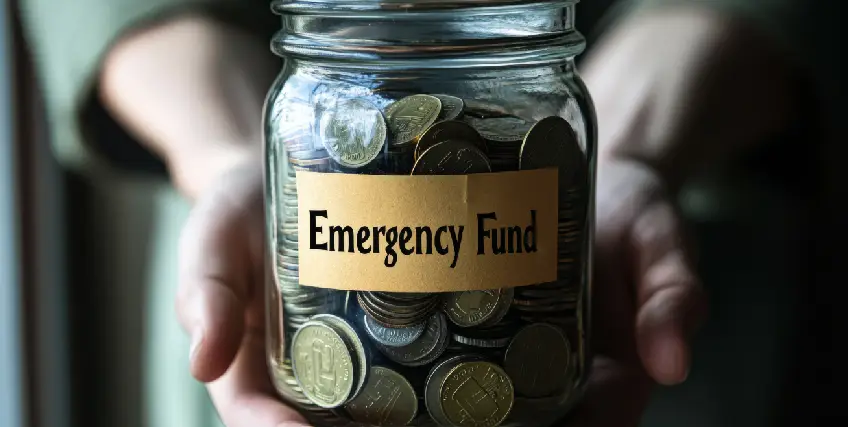SBA 504 vs. 7(a) Which Loan Works Better for Your Texas Business
November 08, 2025 | Last Updated on: November 08, 2025

Running a business in Texas often means needing extra funds. Many small business owners look for small business loans in Texas to support their growth. Among the many options, two small business loans in Texas that stand out – the SBA 504 loan and the SBA 7a business loan.
Both come under the Small Business Administration (SBA) but serve different business needs. Choosing the right one matters if you are planning a big move like buying real estate or improving your cash flow. Texas businesses must understand the key differences between these loans before starting the loan application.
This guide will explain how each loan works and when you may want to pick one over the other. We will also walk you through SBA commercial real estate loan requirements, common loan terms, and how these loans impact business growth in Texas.
If you are applying for a small business loan in Texas, then you need clear information without jargon. Let’s break it down.
Overview of SBA Loans
Small business loans in Texas backed by the SBA offer affordable financing options for small companies. The U.S. government partially guarantees these small business loans in Texas to lower risks for banks and help businesses access funds at lower interest rates.
The two major programs are:
- The SBA 504 loan program (great for asset and real estate purchases)
- The SBA 7a business loan (good for working capital, expansions, and business acquisition)
Both have their own eligibility rules, collateral requirements, and loan process. But both help improve cash flow, job creation, and business growth across Texas.
What Is an SBA 504 Loan?
The 504 business loan is designed for purchasing commercial real estate, heavy equipment, or renovating an existing building. Typical uses include buying land, buildings, major equipment, or funding new construction projects.
Note: Businesses must meet SBA commercial real estate loan requirements, like having a tangible net worth below $20 million and an average net income of less than $6.5 million after taxes over the last two years.
What Is an SBA 7(a) Loan?
The SBA 7a business loan is the SBA’s most popular program for flexible business financing needs.
It covers working capital, buying inventory, business debt refinancing, business acquisition, and even some real estate loans.
Key facts:
- Loan amounts up to $5 million.
- Variable or fixed interest rates, usually linked to the prime rate.
- Can be used for almost any business needs.
- Quicker application process compared to the 504.
Unlike the 504, it does not require a CDC partnership. The funds come directly from an SBA lender, with the SBA guaranteeing a part of it.
If you are a small retail store, café, or franchise in Texas looking to expand or boost your cash flow, the 7(a) loan might be a better fit.
Key Differences Between SBA 504 and SBA 7(a)
| Feature | SBA 504 Loan | SBA 7(a) Loan |
|---|---|---|
| Use of Funds
|
Fixed assets, commercial real estate | Broad business financing purposes |
| Funding Source | CDC + bank | Bank or credit union |
| Loan Size | Up to $5.5 million | Up to $5 million |
| Interest Rates | Fixed-rate loans for CDC portion | Variable or fixed rates |
| Terms | 10, 20, or 25 years | 5-25 years depending on use |
| Down Payment | 10%-20% | 10%-30% |
| Approval Speed | Slower due to dual underwriting | Can be quicker, but speed can vary |
| Best For | Large asset purchase, real estate | Working capital, business acquisition, refinance |
The 504 business loan works best if you want to buy land, property, or big equipment. The SBA 7a business loan is ideal if you need flexibility to cover daily costs or unexpected business expenses.
While exploring small business loans in Texas, construction firms often choose 504 for buying warehouses. Meanwhile, local restaurants and salons may use 7(a) for quick expansions or seasonal cash flow needs.
Factors to Consider Before Choosing
Choosing between an SBA 504 and SBA 7(a) loan depends on several factors:
- Business needs: Asset purchase or daily operations?
- Speed: How fast do you need the money?
- Costs: Look at interest rates, fees, and repayment terms.
- Down payment ability: Especially important for a 504 loan.
- Collateral requirements: 7(a) loans often require personal guarantees too.
- Real estate purchases: Only 504 supports large fixed-asset buys under SBA 504 loan program.
For example, a startup bakery in Austin needing a storefront might prefer the 504. A Houston cleaning business needing new vans and staff might prefer a 7(a) loan.
How to Apply for an SBA Loan in Texas
Applying for small business loans in Texas through the SBA involves a few steps:
- Create a strong business plan showing your goals and cash flow.
- Gather key documents: financial statements, tax returns, debt schedules.
- Find an approved SBA lender.
- Complete the SBA 504 loan application or the SBA 7a business loan form.
Tips for smoother approvals:
- Improve your credit score.
- Clearly explain your business needs.
- Show how you’ll create jobs or benefit the community.
Conclusion
Choosing between an SBA 504 and SBA 7(a) loan can define the next phase of your Texas business. Each loan type fits a different goal – one is perfect for real estate, the other for flexible growth.
By understanding the key differences between these two small business loans in Texas, you can pick the right type of loan to fit your future plans. Small business loans in Texas are available for those who prepare well and know what to ask for.
FAQs on Small Business Loans in Texas
What are small business loans in Texas used for?
Small business loans in Texas are used for buying real estate, expanding businesses, purchasing equipment, refinancing debt, or improving cash flow.
What makes an SBA 504 loan different from an SBA 7a business loan?
The SBA 504 focuses on fixed assets like real estate. The SBA 7a business loan covers broader needs like working capital, refinancing, and business acquisitions.
What are the SBA commercial real estate loan requirements for Texas businesses?
Texas businesses must use at least 51% of the property, meet SBA size standards, and show strong financial health for an SBA 504 loan.
Who should apply for a 504 business loan in Texas?
Businesses wanting to buy land, buildings, or heavy equipment may be interested in applying for a 504 business loan. It's ideal for owner-occupied property.
Are there special programs for minority-owned businesses applying for small business loans in Texas?
Programs like Community Advantage loans help minority-owned businesses secure SBA financing faster in Texas.




